Congestive heart failure (CHF) affects more than six million people in the United States and is one of the most common reasons older adults end up in the hospital. At Florida Heart, Vein and Vascular Institute in Zephyrhills, Lakeland, Plant City, Wesley Chapel and Riverview, Florida, the highly skilled cardiologists specialize in diagnosing and managing congestive heart failure. They create plans that minimize symptoms and improve your quality of life. Call the office nearest you or book a cardiology consultation online today.
can’t pump enough blood to the lungs for reoxygenation.
With left-sided heart failure, the heart can’t pump enough oxygen-rich blood to the body because the heart is too weak or too stiff.
You can develop congestive heart failure following an illness that damages the heart, like a viral infection or a heart attack. However, most people develop CHF over a period of time from an underlying medical condition, such as:
Cardiomyopathy is a type of heart disease that causes the heart muscle to stiffen or enlarge, making it weaker, leading to heart failure. Genetics, underlying medical conditions, or excess stress may cause cardiomyopathy. Anyone can develop cardiomyopathy at any age.
Your specialist at Florida Heart, Vein and Vascular Institute conducts a patient-centered evaluation for congestive heart failure. They review your symptoms and medical history and perform a physical exam.
Your provider also performs diagnostic tests to evaluate heart health and function, such as:
The information gathered from the tests helps your provider determine the type of congestive heart failure you have and its severity so they can create an effective treatment plan.
With the right treatment plan, you can get relief from your congestive heart failure symptoms. Your plan may include lifestyle changes and medications. The team also focuses on treating the underlying cause of your heart failure.
Your cardiologist at Florida Heart, Vein and Vascular Institute may also suggest implantable cardioverter-defibrillator (ICD) therapy or permanent pacemaker implantation to support heart function.
Call Florida Heart, Vein and Vascular Institute today or use the online booking button for comprehensive and compassionate congestive heart failure care.
We offer comprehensive diagnostic and preventive heart and vein care, ensuring every patient receives accurate evaluation and effective treatment.
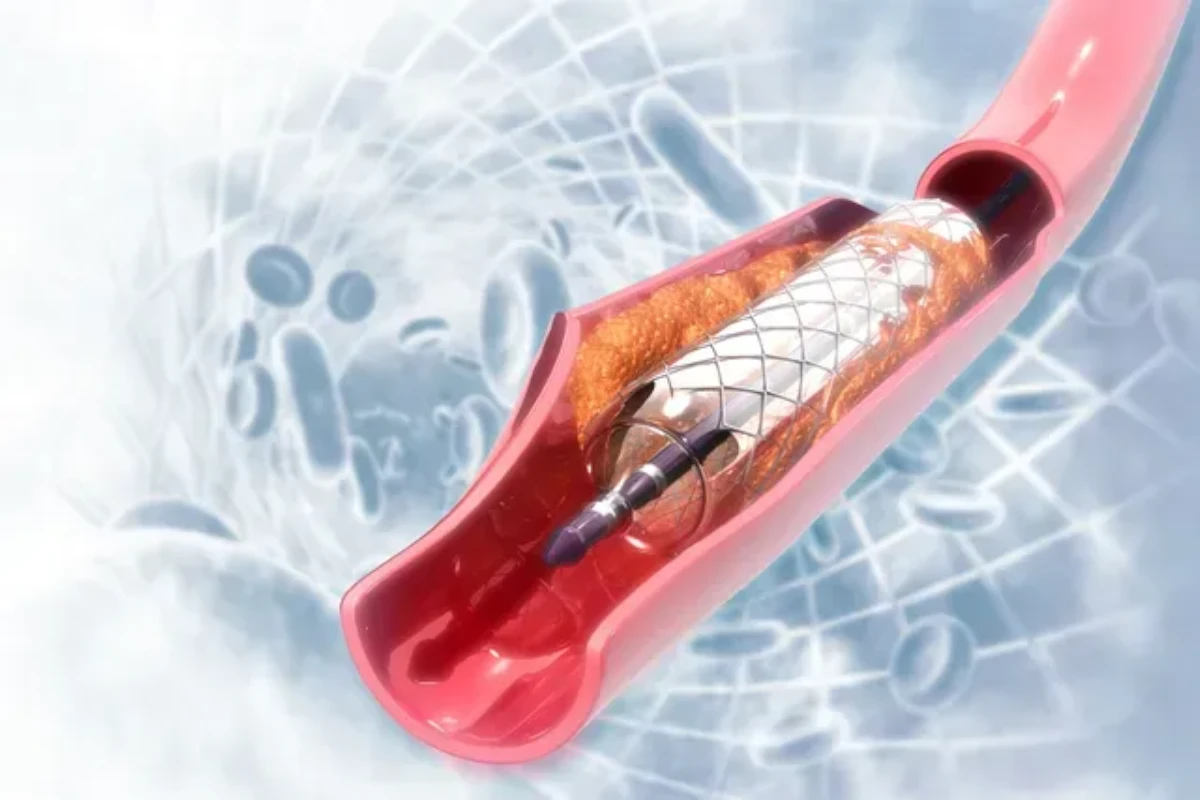
We specialize in minimally invasive procedures that open blocked arteries and restore proper blood flow, improving heart function and patient outcomes.
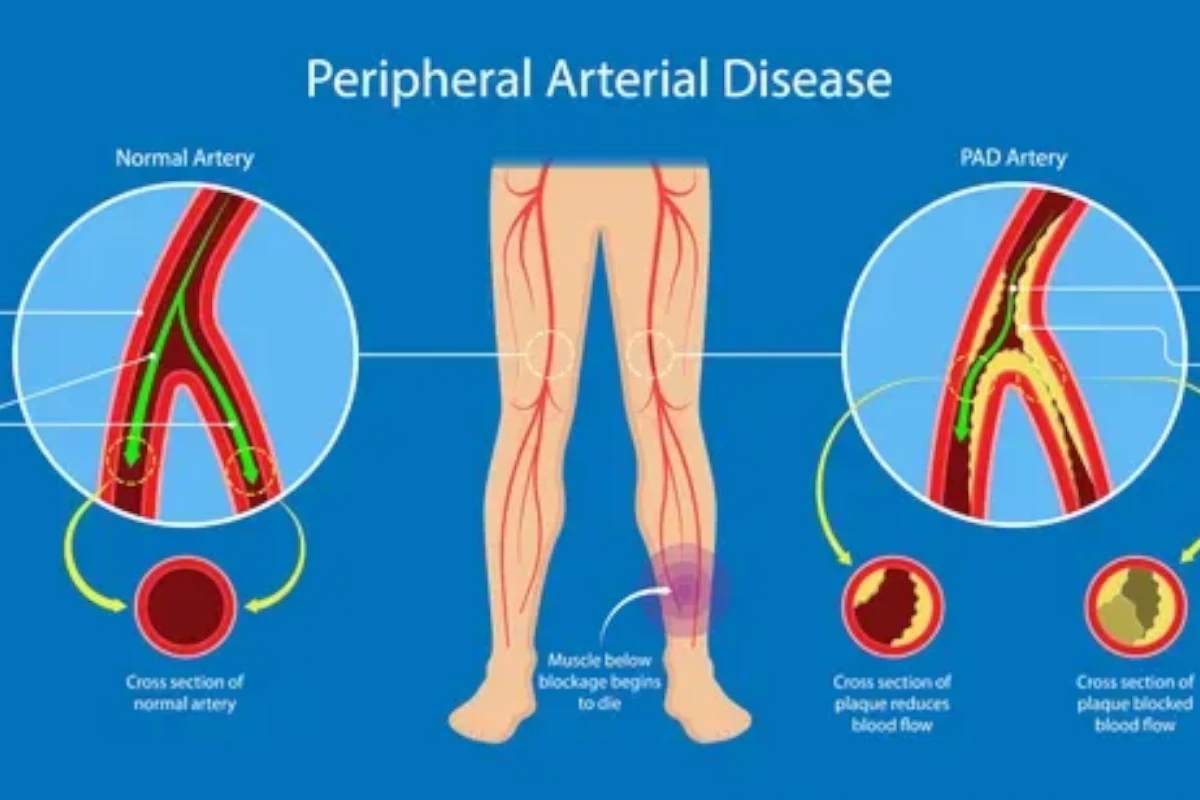
Our experts diagnose and treat narrowed or blocked vessels outside the heart, enhancing circulation and reducing pain in the legs and extremities.
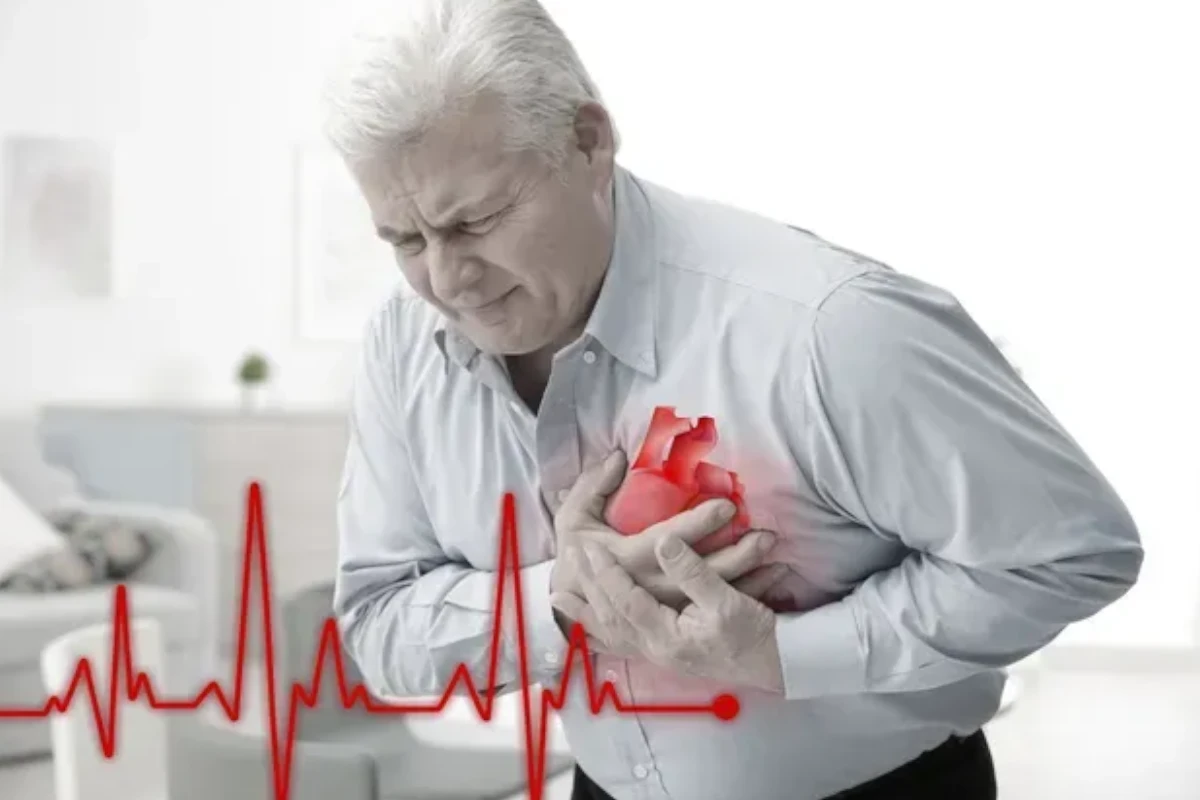
We provide advanced care to manage plaque buildup in coronary arteries, improving oxygen flow to the heart and preventing serious cardiac events.
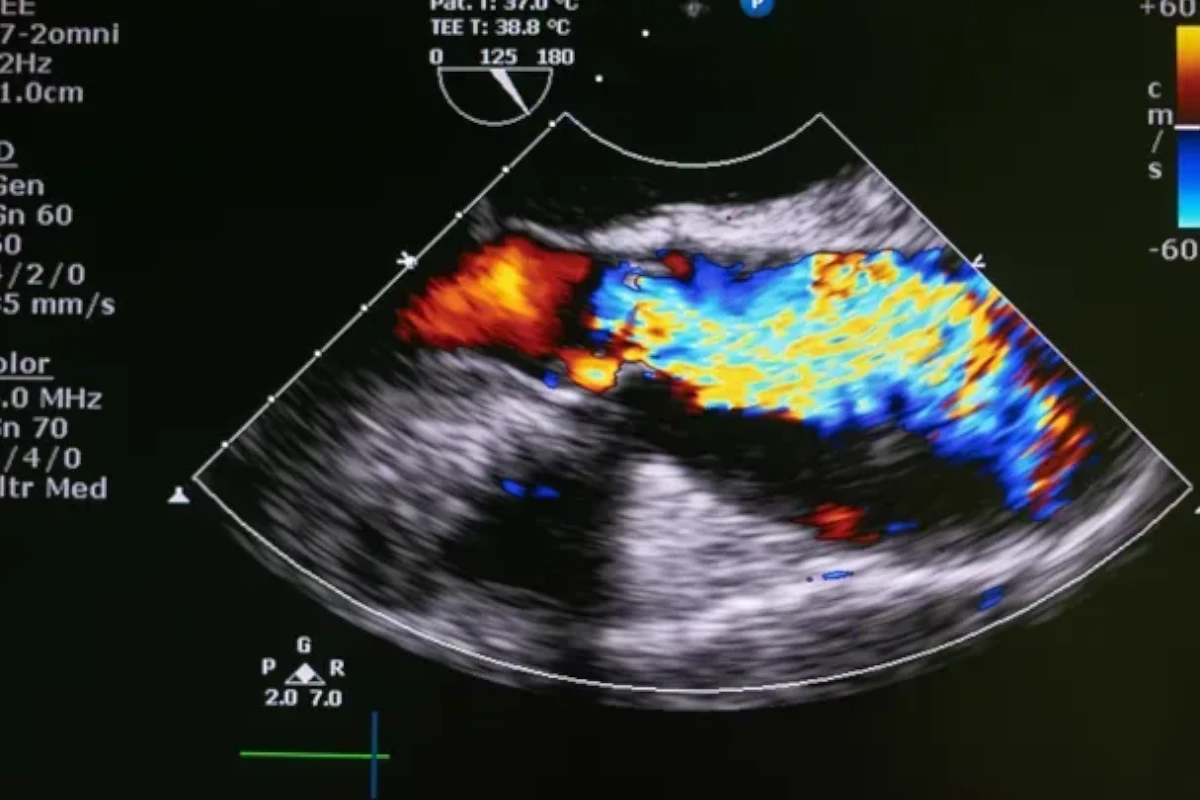
Our specialists assess and treat valve disorders to restore normal heart rhythm and ensure efficient blood flow throughout the cardiovascular system.

We offer personalized management for high blood pressure through medication, diet, and lifestyle adjustments to protect your heart and arteries.
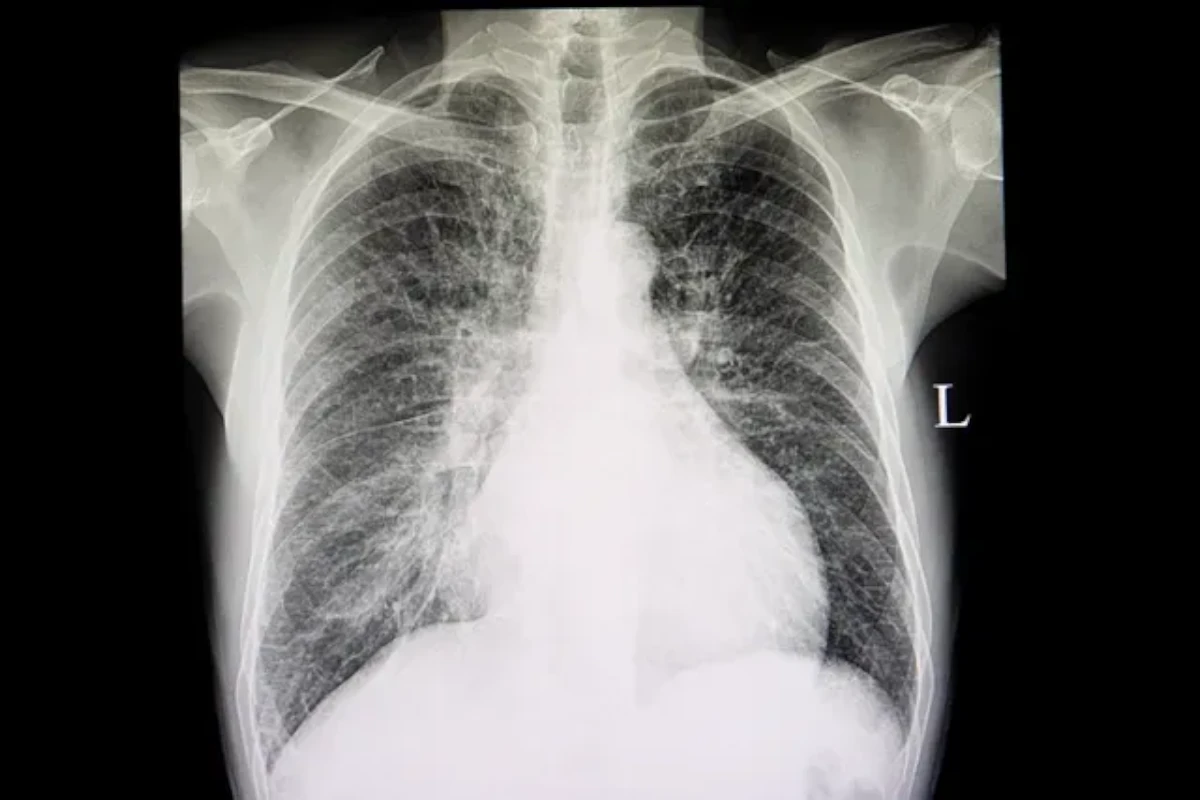
Comprehensive treatment plans help strengthen heart function, reduce symptoms, and improve quality of life for patients with heart failure.
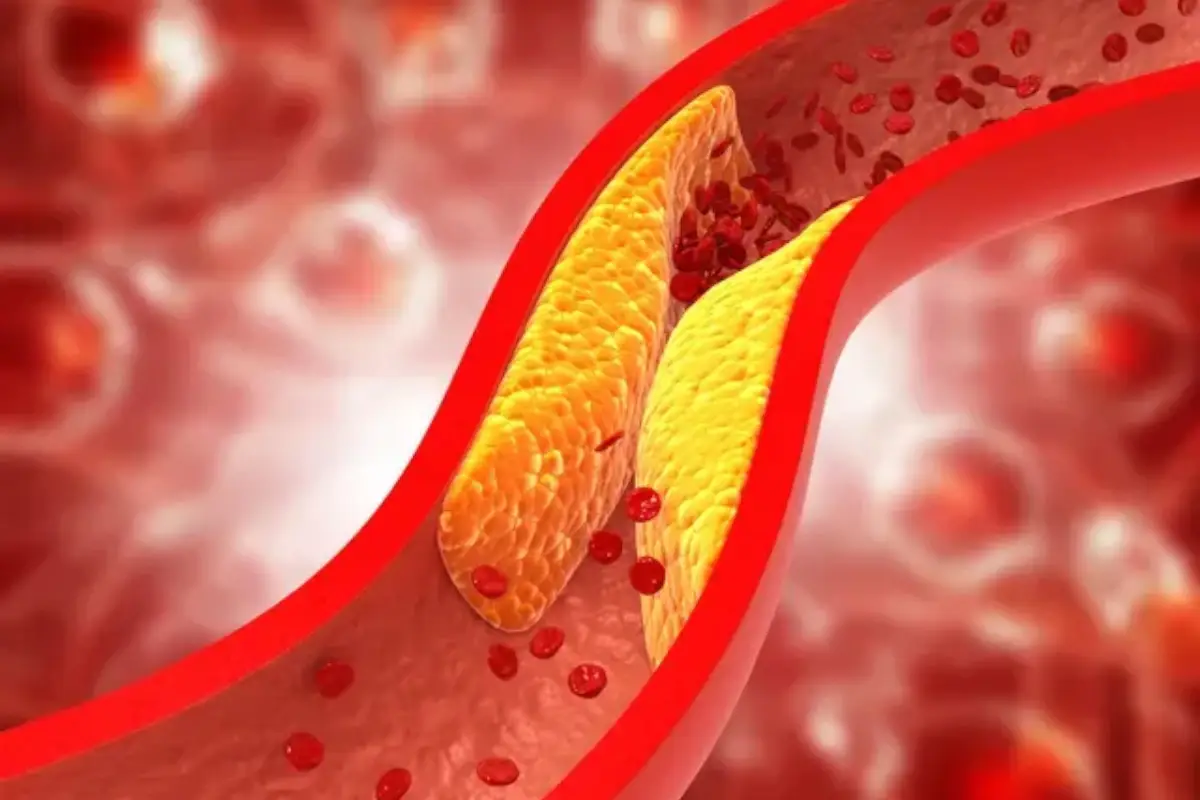
We focus on preventing heart disease through cholesterol management programs that combine medication, nutrition counseling, and lifestyle coaching.
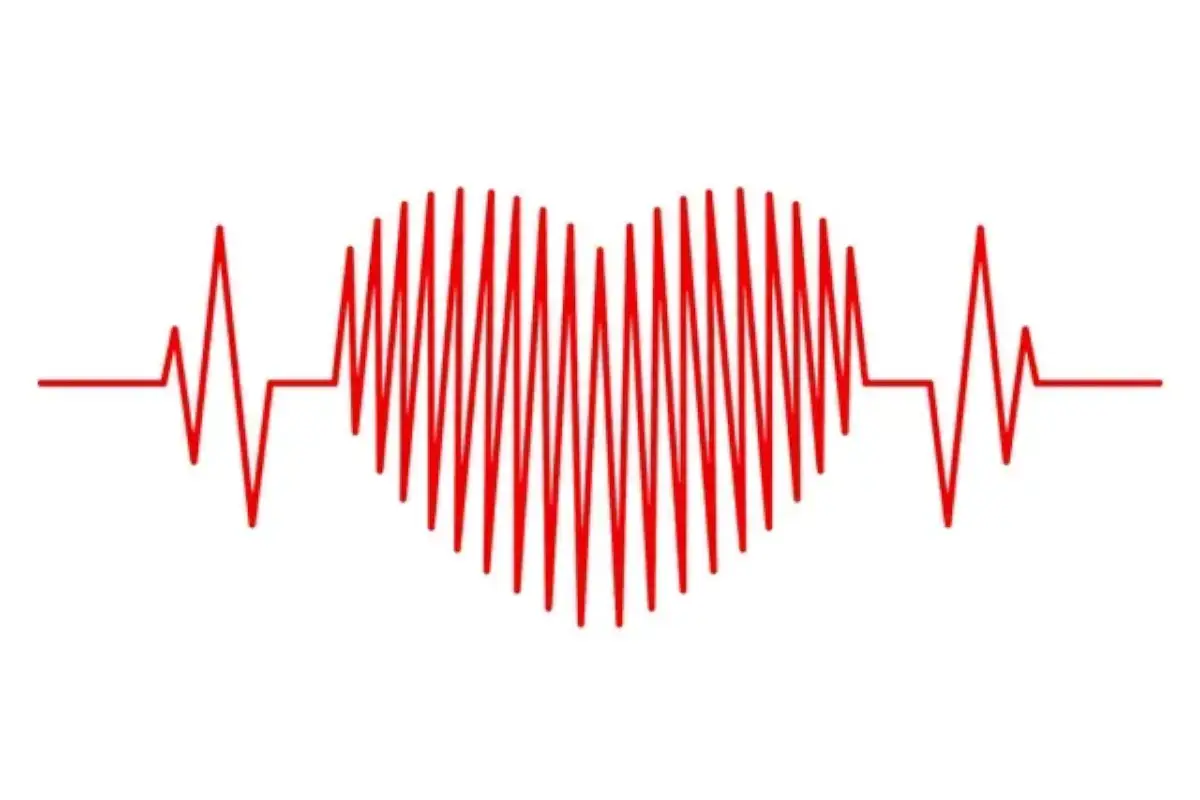
Our team evaluates irregular or rapid heartbeats with advanced diagnostic tools to identify causes and develop effective treatment strategies.
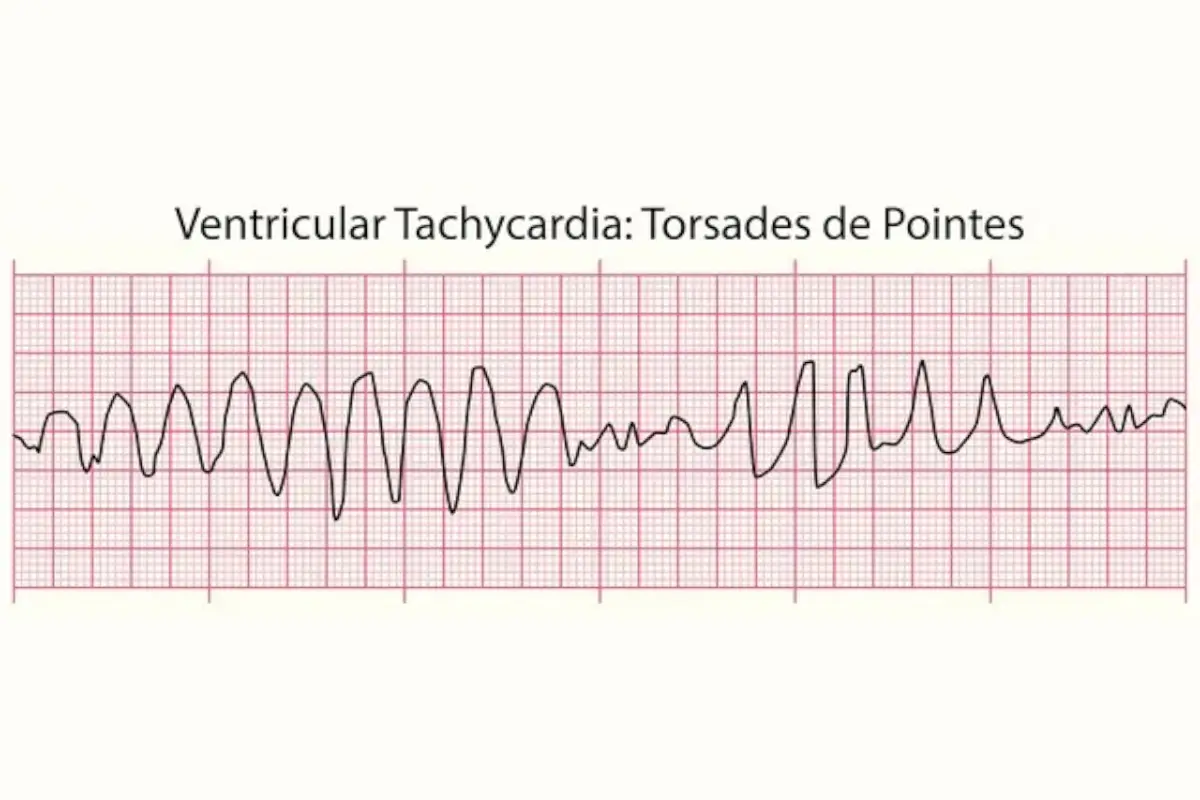
We diagnose and manage heart rhythm abnormalities using state-of-the-art monitoring and therapies that help maintain a steady, healthy heartbeat.
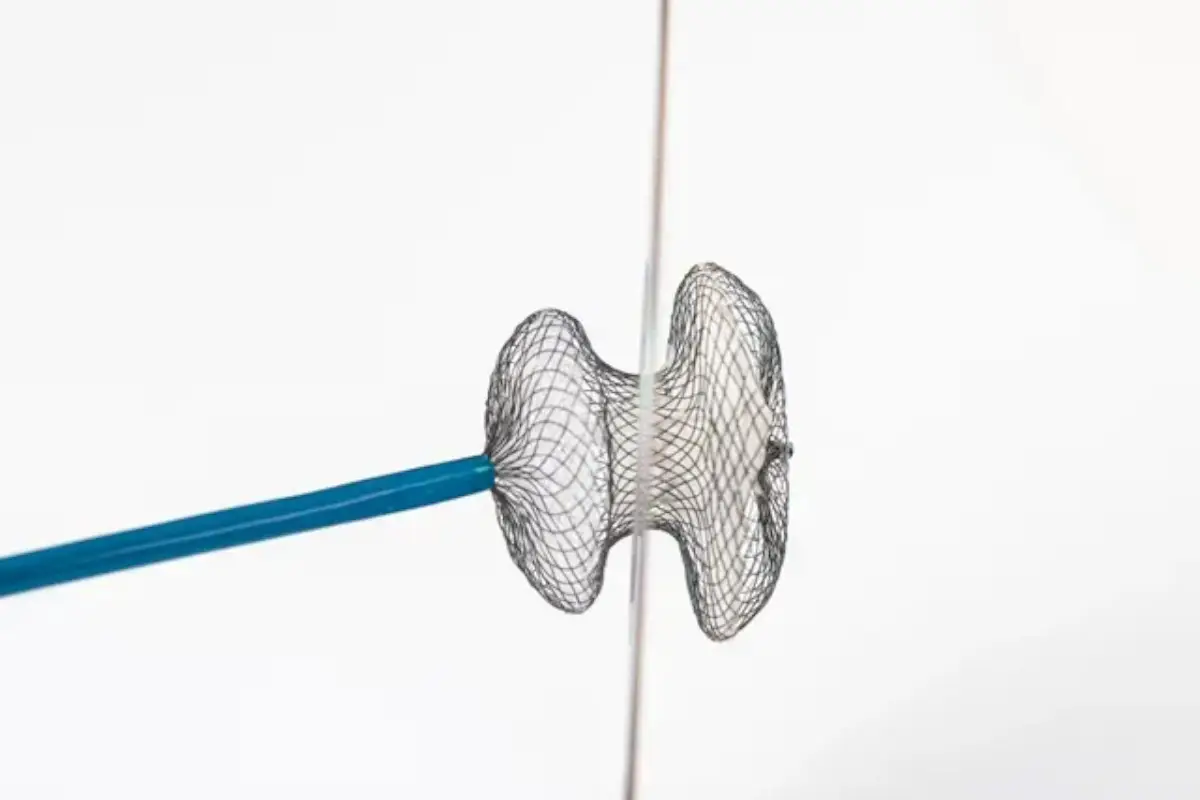
We offer cutting-edge care for atrial fibrillation, using medication and minimally invasive procedures to restore normal rhythm and prevent stroke.

Our specialists investigate fainting episodes to determine underlying cardiovascular causes and provide treatment to prevent future occurrences.
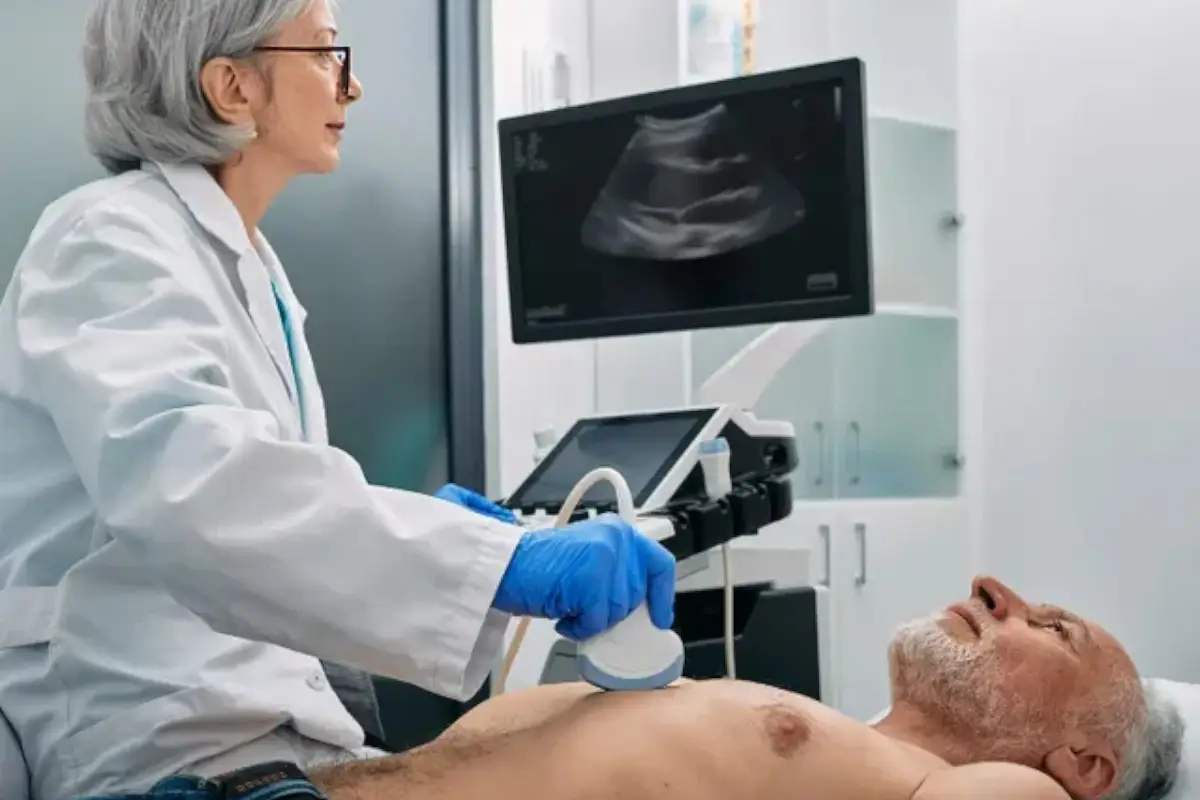
This non-invasive ultrasound test gives detailed images of your heart’s structure and function, helping us assess heart health and detect conditions early.
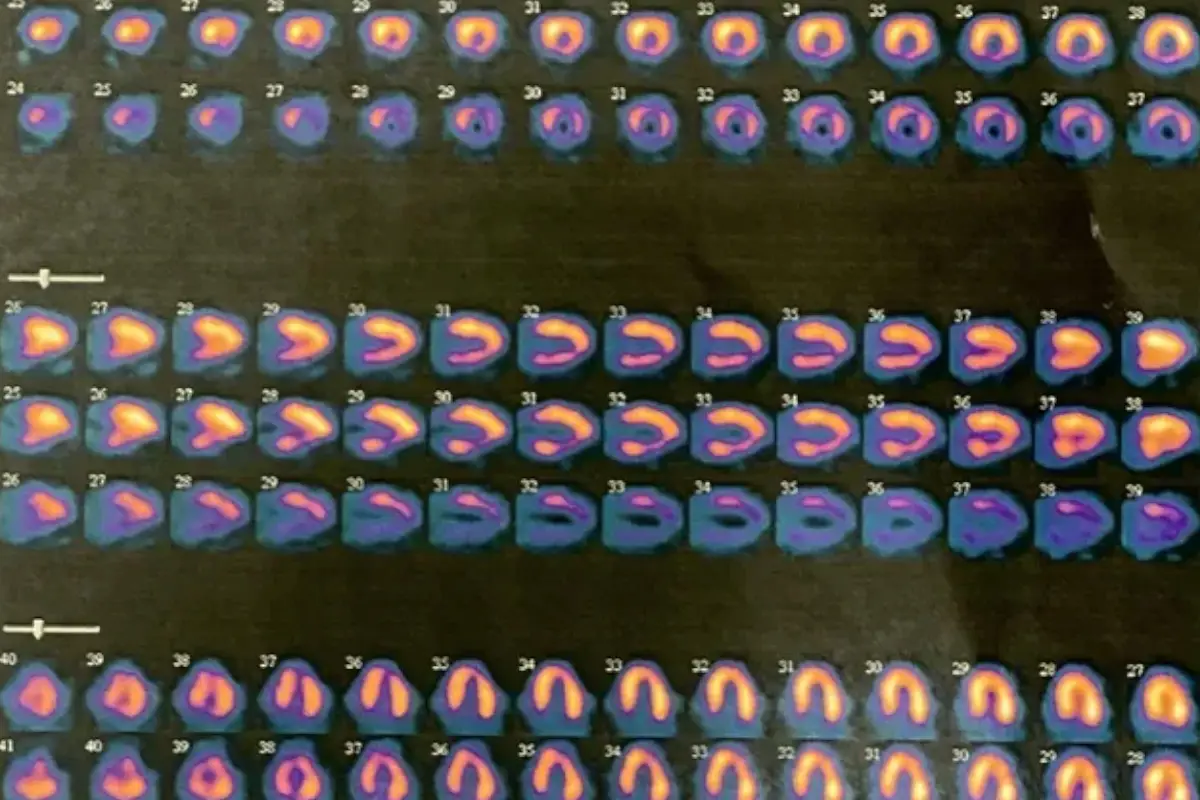
We use advanced imaging to evaluate blood flow to the heart muscle, identifying areas of reduced circulation or damage with high precision.
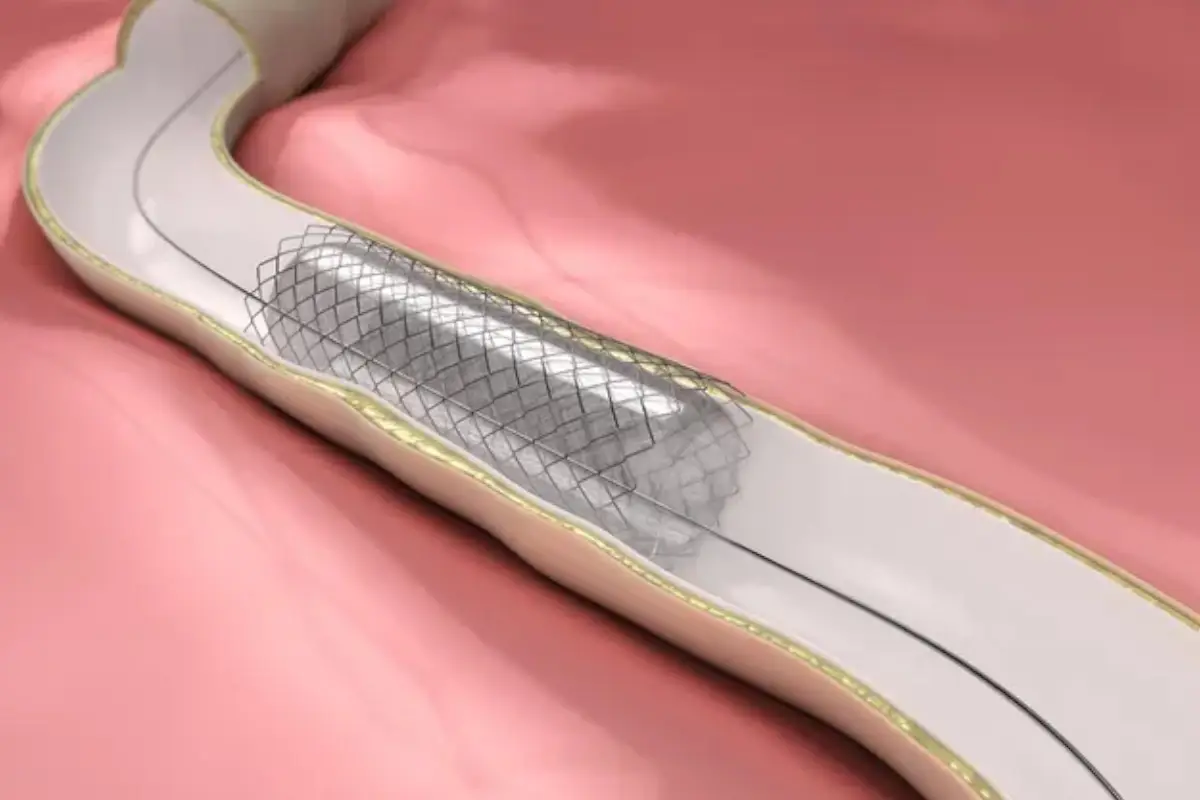
We diagnose and treat varicose veins, deep vein issues, and other venous conditions to restore comfort, improve circulation, and prevent complications.

A portable Holter device records your heart’s activity over 24–48 hours, allowing accurate detection of rhythm irregularities in real-life settings.
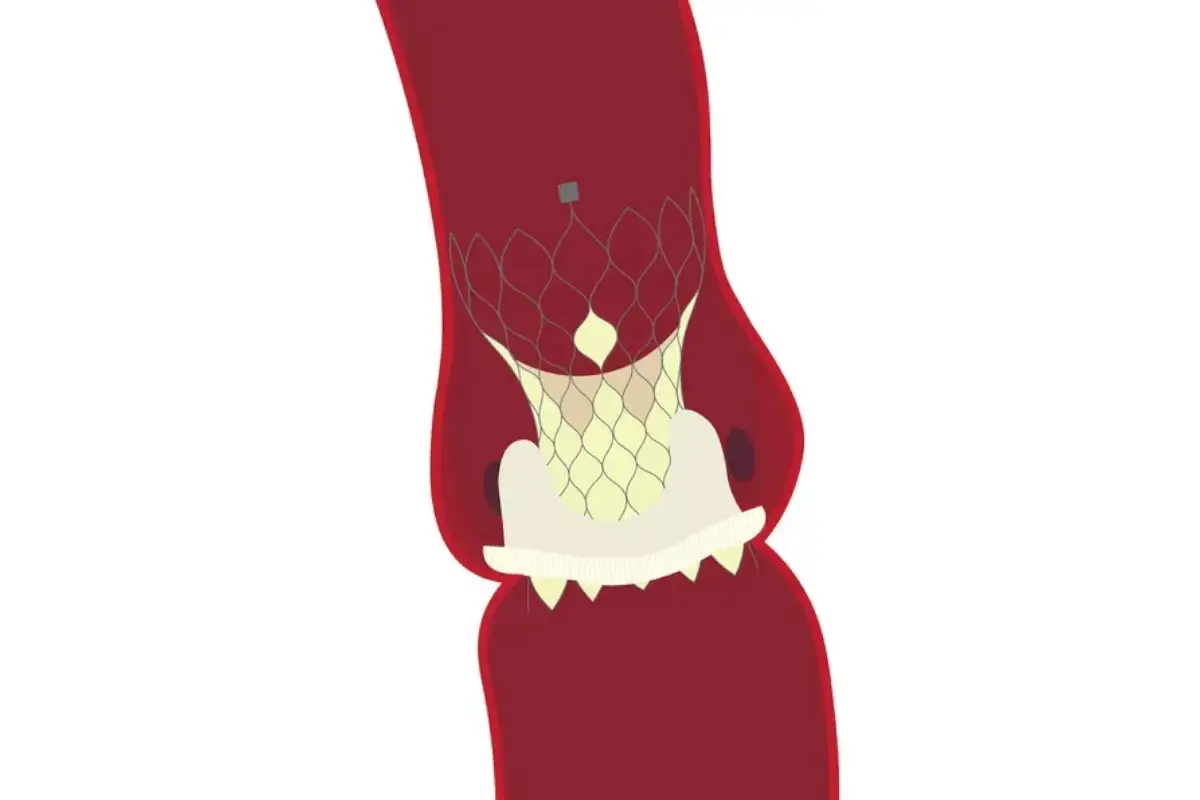
TAVR offers a minimally invasive alternative to open-heart surgery, replacing damaged valves to improve blood flow and overall heart performance.
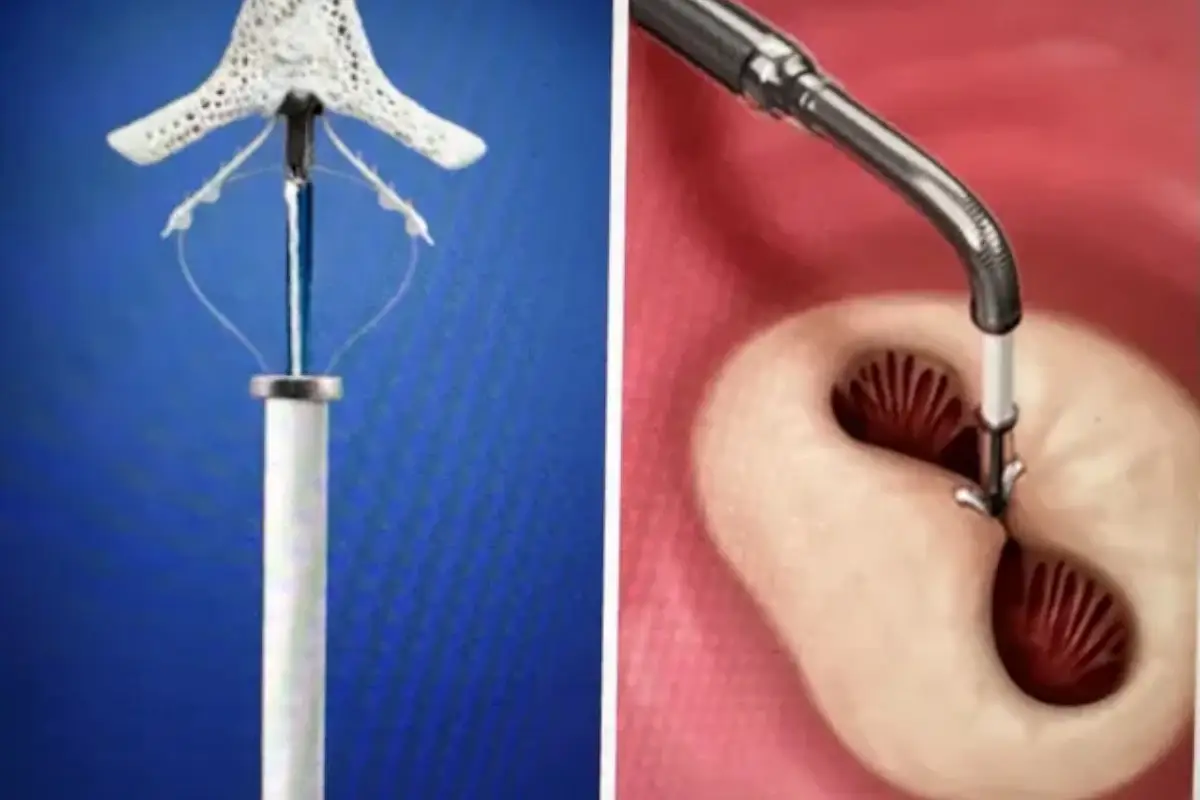
We perform MitraClip therapy to treat mitral valve regurgitation, improving heart efficiency and reducing symptoms without the need for surgery.
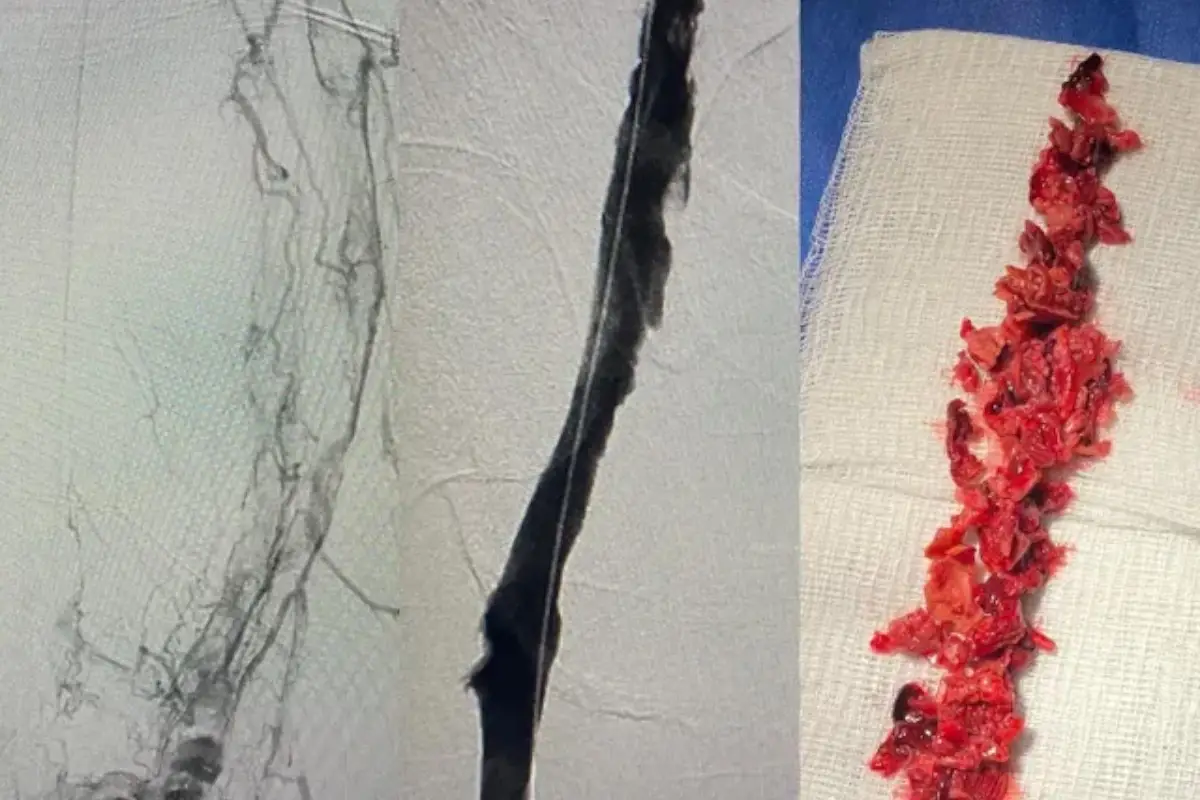
Our specialists use advanced, minimally invasive techniques to dissolve clots, relieve pain, and prevent long-term vein damage from DVT.
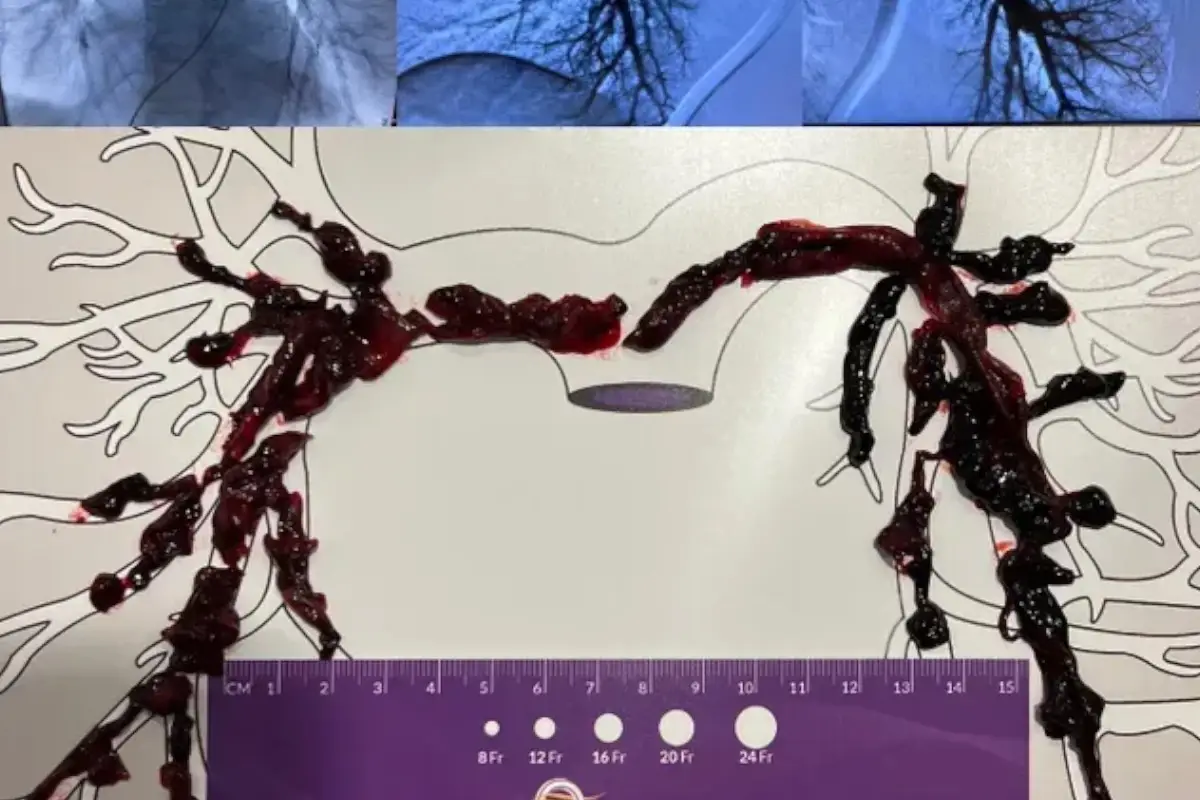
We offer rapid diagnosis and targeted treatments to remove or dissolve clots in the lungs, restoring breathing and reducing cardiovascular risk.
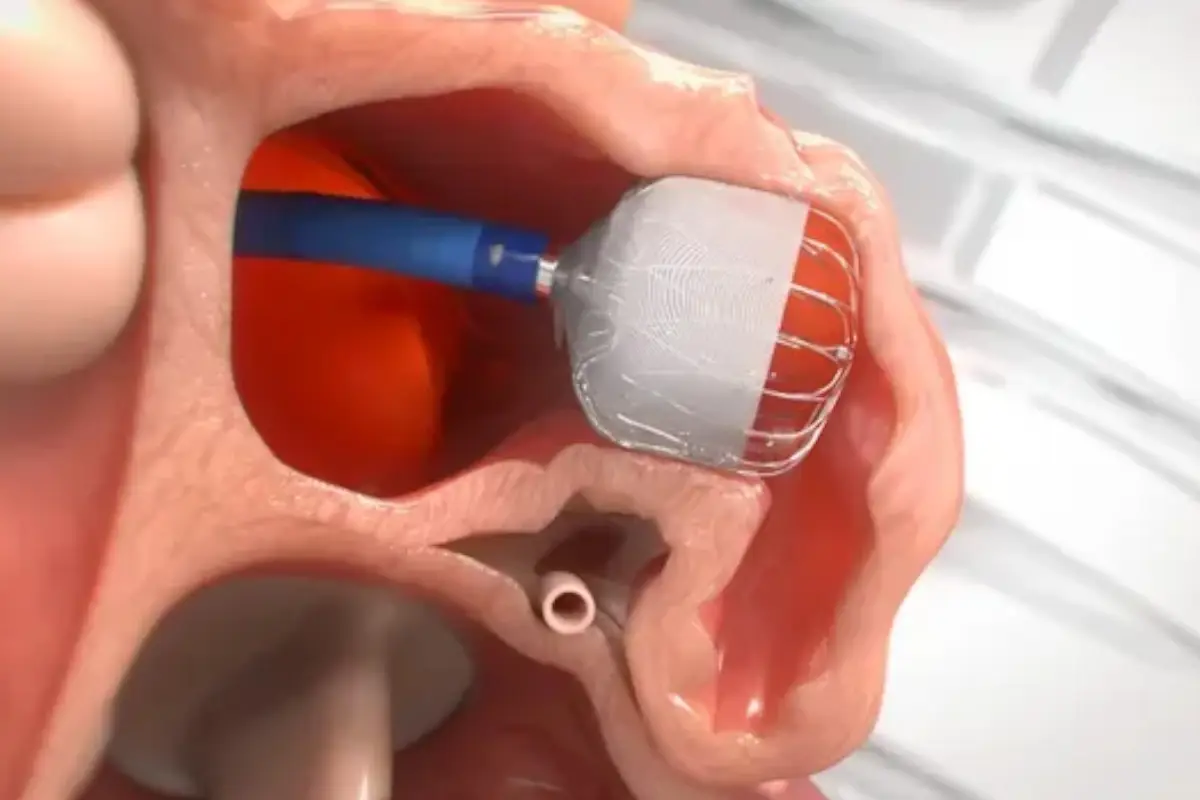
This innovative procedure reduces stroke risk in atrial fibrillation patients by closing the left atrial appendage and eliminating long-term anticoagulants.
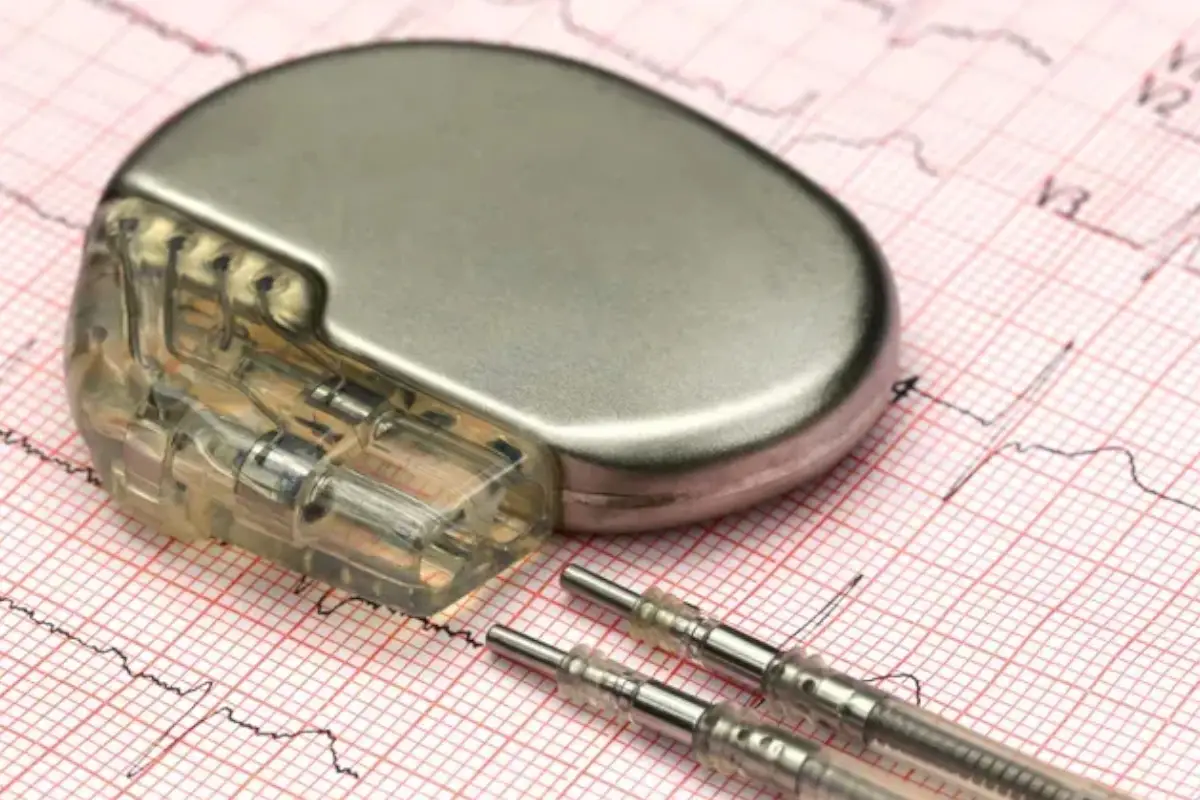
We implant pacemakers to regulate slow or irregular heartbeats, restoring proper rhythm and improving daily function and energy levels.
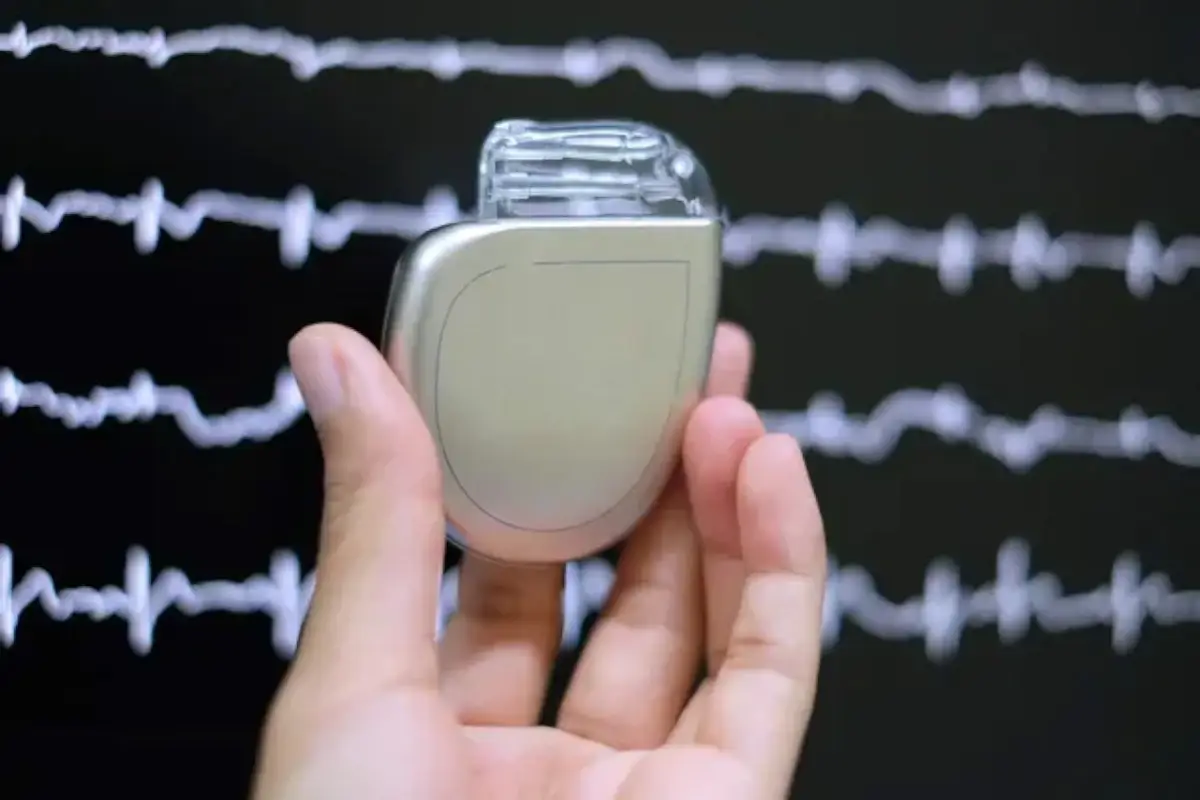
Our ICD implantation helps prevent sudden cardiac arrest by detecting dangerous rhythms and automatically delivering corrective electrical pulses.
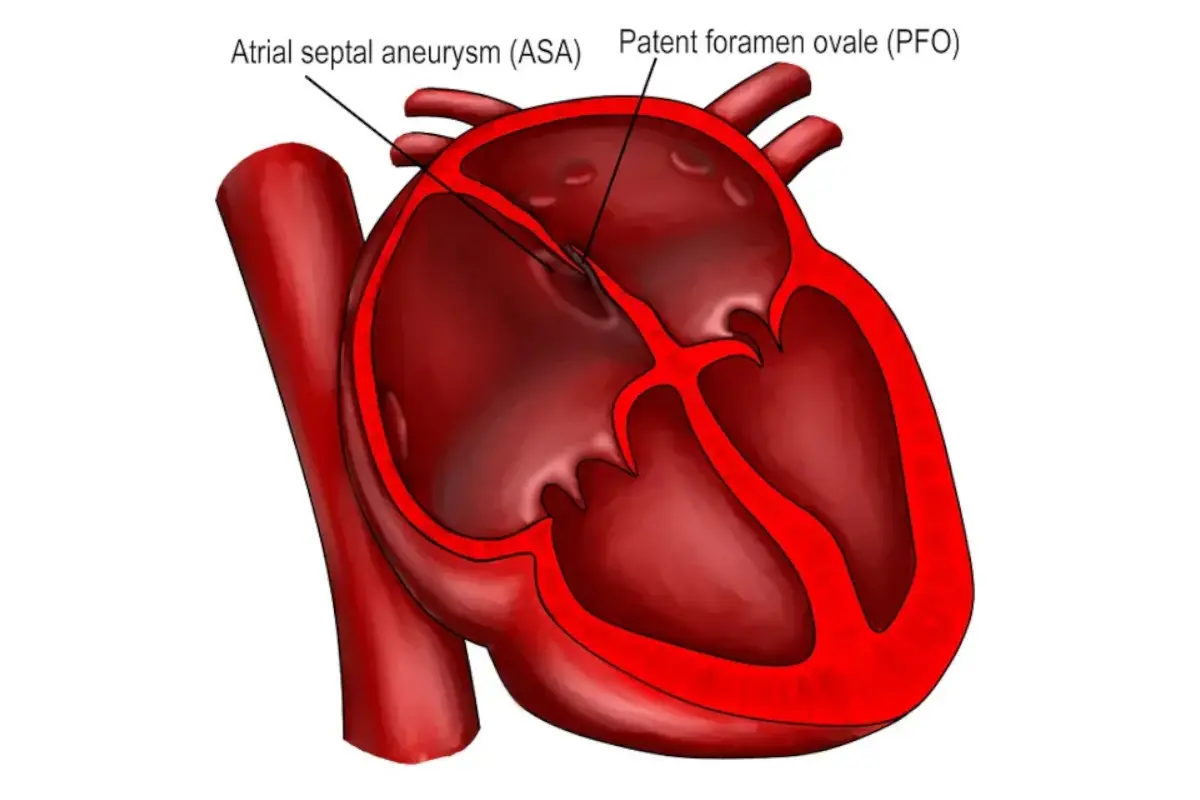
We close the small opening between heart chambers using a catheter-based device, reducing the risk of stroke and improving overall circulation.